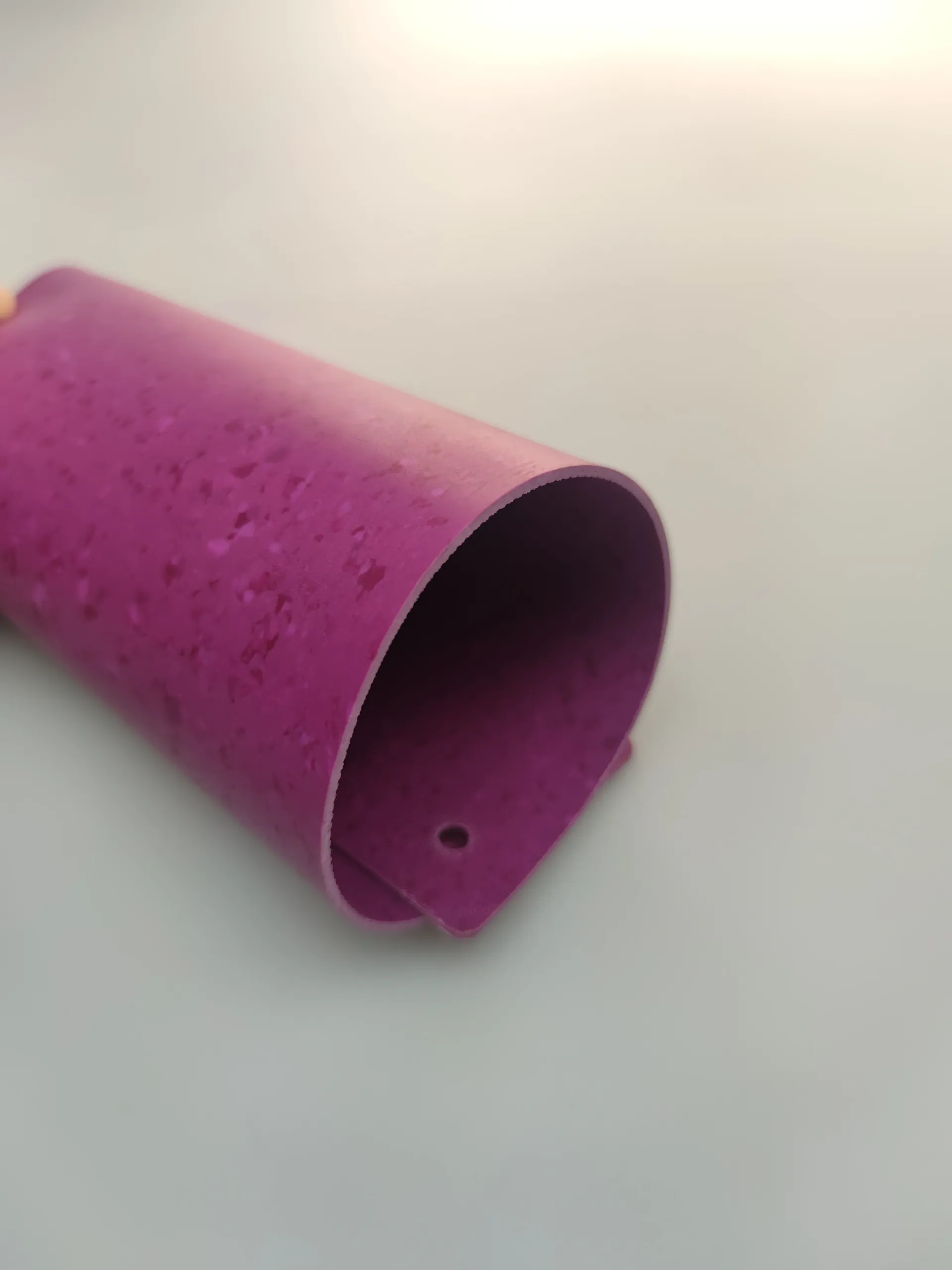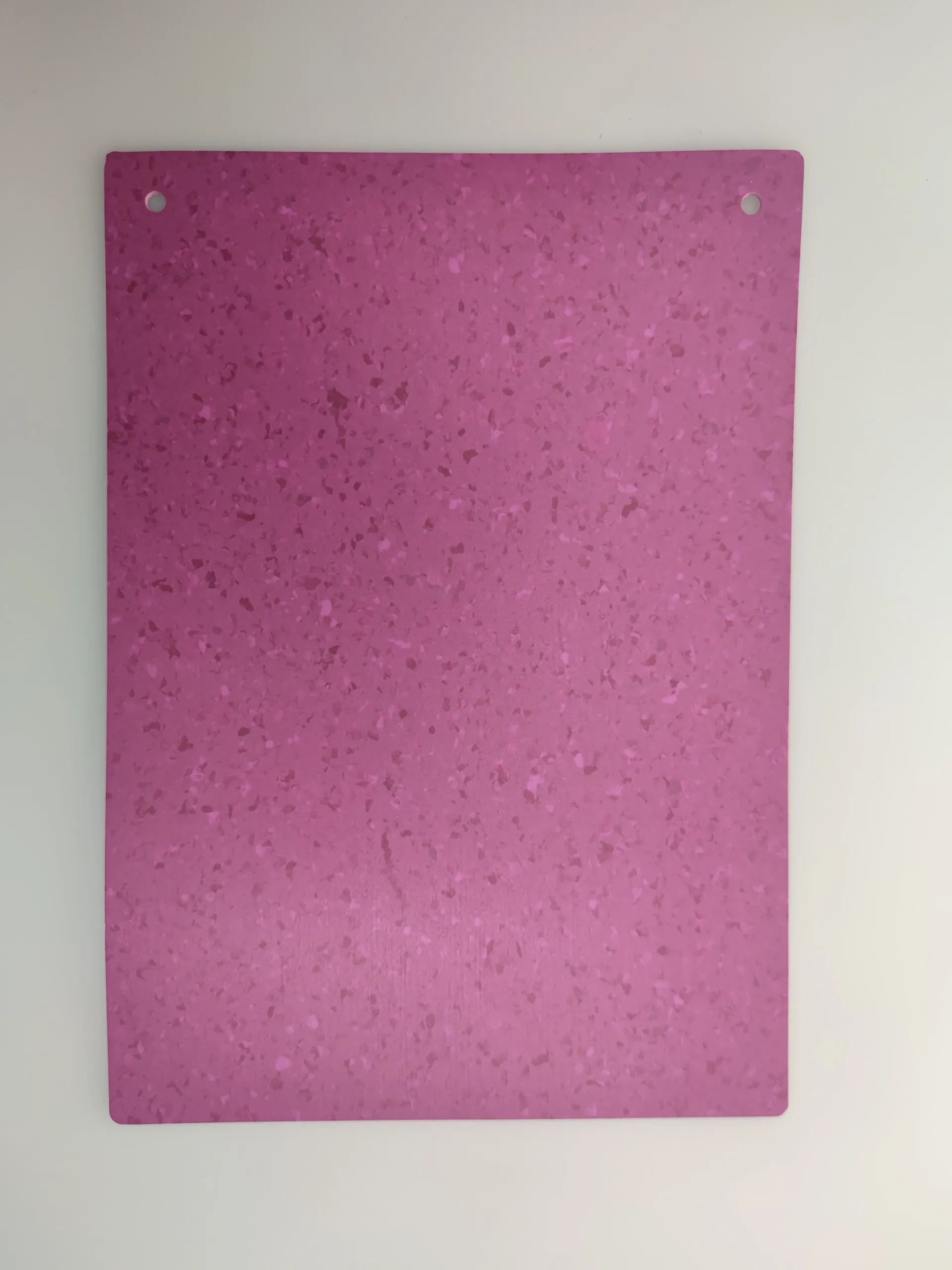Premium Commercial VCT Tile Flooring for Durable Workspaces
Commercial vinyl composition tile (VCT) flooring is a premium solution widely adopted in high-traffic facilities such as supermarkets, retail chains, healthcare, and educational environments due to its exceptional durability, cost-effectiveness, and aesthetic versatility. In 2024, the demand continues to grow, largely driven by technology innovation, sustainability requirements, and stricter industry standards. This article explores the evolution of commercial VCT tile flooring—with particular focus on Enlio commercial VCT flooring, referencing Enlio Armstrong VCT samples and Enlio VCT commercial flooring—discussing its market trends, manufacturing workflow, key parameters, technical advantages, and real-world application cases. All product data and industry analysis are supported by authoritative sources, industry standards (ISO/ANSI), and visualized through cutting-edge infographics and ECharts technology.

1. 2024 Industry Trends & Market Analysis for Commercial VCT Tile Flooring
- Global Market Growth: The VCT flooring market is projected to reach USD 4.8 Billion by 2028 (CAGR 6.1%, [Source: Market Research Future, 2024]).
- Eco-driven Innovations: Increasing adoption of phthalate-free and recycled VCT by manufacturers such as Enlio and Armstrong, aligning with ISO 14001:2015 environmental management systems.
- Customization and Digital Printing: Surge in demand for custom colors/patterns, high-definition digital surface textures—crucial for branding in retail and educational sectors.
- Lifecycle Cost Saving: Enhanced abrasion resistance with UV-cured polyurethane (PUR) coatings extends VCT flooring service life above 12 years (certified per EN ISO 10582 standards).
- Sustainability: Low-VOC emission and FloorScore® certification become mandatory for many commercial projects; referenced by LEED® v4 guidelines.
For the latest industry-leading products, commercial VCT tile flooring remains the preferred choice for high-performance, sustainable, and easy-to-maintain facilities.
2. Technical Parameters & Data Table: Commercial VCT Tile Flooring
| Product Brand | Thickness (mm) | Wear Layer (mm) | Slip Resistance (DIN 51130) | Indentation (mm, ISO 24343-1) | VOC Emission | Lifespan (yrs) | Certification |
|---|---|---|---|---|---|---|---|
| Enlio Commercial VCT Flooring | 2.0 / 2.5 / 3.0 | 0.7 (Homogeneous) | R9~R10 | ≤ 0.03 | <0.07 mg/m³ (FloorScore®) | 12+ | ISO 9001, ISO 14001, FloorScore® |
| Armstrong Standard Excelon | 2.2 | 0.8 | R9 | ≤ 0.05 | <0.10 mg/m³ | 10 | NSF/ANSI 332, FloorScore® |
| Generic Commercial VCT | 1.8–2.5 | 0.5–0.7 | R9 | ≤0.07 | <0.14 mg/m³ | 8–10 | CE, ISO 14001 |
3. Detailed Manufacturing Process of Commercial VCT Tile Flooring: homongeneous floor for Shop supermarket
Process Flowchart & Step-by-Step Workflow:

- Raw Material Selection: Premium PVC resins (polyvinyl chloride), plasticizers, fillers (limestone), color pigments. Compliant with ISO 9001:2015.
- Batch Mixing & Fusion: Resins and additives are accurately weighed & blended in computer-controlled mixers. Ensures molecular consistency for maximum durability.
- Calendering/Compaction: The homogeneous blend is hot-pressed into continuous sheets (calendering process, up to 5000N pressure). This achieves targeted thickness and uniform wear layers.
- Color Integration: Decorative chips/pigments are integrated at this stage, either by direct blending or digital printing (for custom patterns). Enlio and Armstrong utilize high-color-fidelity digital printers for bespoke patterns.
- CNC Cutting: The cooled sheet is precisely cut into tiles using CNC routers for maximum dimensional tolerance (±0.10mm).
- Surface Treatment: UV-cured PUR coating (polyurethane reinforcement), boosting stain, scratch, and chemical resistance. Confirmed by EN 423 and ASTM F1066 tests.
- Quality Control & Testing: Each batch undergoes slip resistance (R9/R10), indentation, abrasion, and VOC emission tests (EN ISO 10582, FloorScore).
- Packing & Logistics: Finished VCT tiles are packed with shock-proof, moisture-barrier packaging for global delivery.
Key Advantages of Homogeneous VCT Process:
- Consistent color/texture through the whole tile thickness (superior wear performance)
- No lamination or delamination risk
- Meets strict standards: ISO 10581, EN 649, ASTM F1700, ANSI
- Factory-finished PUR means reduced maintenance cost (less stripping/recoating)
For a visual demonstration, see the manufacturing video: Commercial VCT Tile Flooring Production – Step by Step (Industry Video)
4. Technical Specification & Performance Comparison: Enlio Commercial VCT Flooring vs. Competitors
| Feature | Enlio VCT Commercial Flooring | Armstrong Standard Excelon VCT | Generic VCT Tiles |
|---|---|---|---|
| Manufacturing Method | Homogeneous CNC-cut + digital pattern, PUR-coated | Layered mix, UV finish | Homogeneous or semi-homogeneous, painted |
| Thickness (mm) | 2.0/2.5/3.0 | 2.2 | 1.8~2.5 |
| Wear Resistance | EN 660 Group T | EN 660 Group P | Group M/P |
| Slip Resistance | R9–R10 | R9 | R9 |
| Emissions (VOC) | <0.07 mg/m³ (FloorScore®) | <0.10 mg/m³ | <0.14 mg/m³ |
| Certifications | ISO 9001, ISO 14001, FloorScore®, EN 649 | NSF/ANSI 332, FloorScore® | CE, ISO 14001 |
| Warranty Period | 12 years | 10 years | 8 years |
5. Homongeneous Floor for Shop Supermarket: Customization, Technical Data, and Application Advantages
Homongeneous floor for Shop supermarket is optimized for retail and commercial spaces needing sustained appearance and intensive usage. Below is a comparative data chart of its main technical indicators, with direct reference to competing commercial VCT tiles.
- Superior Resilience: Exceeds EN 660 requirements with Group T wear performance; outstanding anti-indentation and resistance to heavy trolleys and carts.
- Application-specific: Engineered for supermarkets, wet zones, public walkways; also certified for use in pharmaceutical, petrochemical, healthcare, and educational settings.
- Stain & Chemical Resistance: SURPASS laboratory results under EN 423 and ASTM F925 chemical test protocols.
- Installation Flexibility: Suitable for underfloor heating, compatible with standard adhesives, quick dry-fit for retail downtime minimization.
- Aesthetic Variety: Digital printing supports branding, custom logo tiles, and diverse surface textures (wood, stone, terrazzo effects).
6. Industry Certifications, Quality Assurance, and Service Guarantee
- Global Certification: ISO 9001, ISO 14001, FloorScore®, CE, EN 649, NSF/ANSI 332 – Exceeds all major global flooring standards.
- Supermarket-Ready: Confirmed by EN 1815 (Antistatic) and EN 13501-1 Bfl-s1 fire rating—ideal for high-safety environments.
- Comprehensive Warranty: Up to 12 years, covering wear, color fade, and manufacturing defects. Fast response technical support provided by Enlio certified specialists.
- Supply Capacity: 120,000 m²/month output, 3~6 weeks delivery for custom patterns worldwide.
- Customer Experience: Multilingual support, consultative sales process, and real-time sample tracking.
7. Typical Application Scenarios & Success Cases
8. Professional FAQ: Commercial VCT Tile Flooring—Expert Insights
Frequently Asked Technical Questions
9. Delivery Lead Time, Warranty, and Customer Support
- Production Time: Standard VCT tiles: 15–21 days; Fully custom digital pattern VCT: 25–35 days.
- Delivery Cycle: Global shipping from 7 days (Asia) to up to 26 days (Americas/Europe).
- Warranty: 12-year comprehensive manufacturer’s warranty (Enlio), including color fade and wear-through. All warranties are backed by third-party insurance.
- Technical Support: 7x24h online consultation, professional installation training, on-site visits for large projects, and video troubleshooting.
- Samples Service: Free Enlio Armstrong VCT samples within 5-8 working days globally. Custom logo samples on request.
10. Conclusion & References
In review, commercial VCT tile flooring—especially advanced solutions like Homongeneous Floor for Shop Supermarket—offer unmatched durability, superior customization, and proven cost-efficiency for modern commercial spaces. When compared to Armstrong VCT samples and other mainstream offerings, Enlio’s products consistently exceed global standards for sustainability, safety, and aesthetic flexibility. All claims and best practices are validated by independent certifications (ISO, FloorScore®), long-term field studies, and customer case histories.
For technical references, industry benchmarks, and further research, please consult:
-
Masking Tape: Clean Removal, Precision Lines, Pro-GradeNov.10,2025
-
Skirting: MDF, Oak & SPC | Durable, Easy-FitNov.10,2025
-
Commercial VCT Tile Flooring – Durable, Low-MaintenanceNov.10,2025
-
LVT Vinyl Floors – Waterproof, Scratch‑Resistant, Easy ClickNov.10,2025
-
Masking Tape - Pro-Grade, Clean Removal, Crisp LinesNov.10,2025
-
Premium Masking Tape - Sharp Lines, Clean RemovalNov.10,2025




